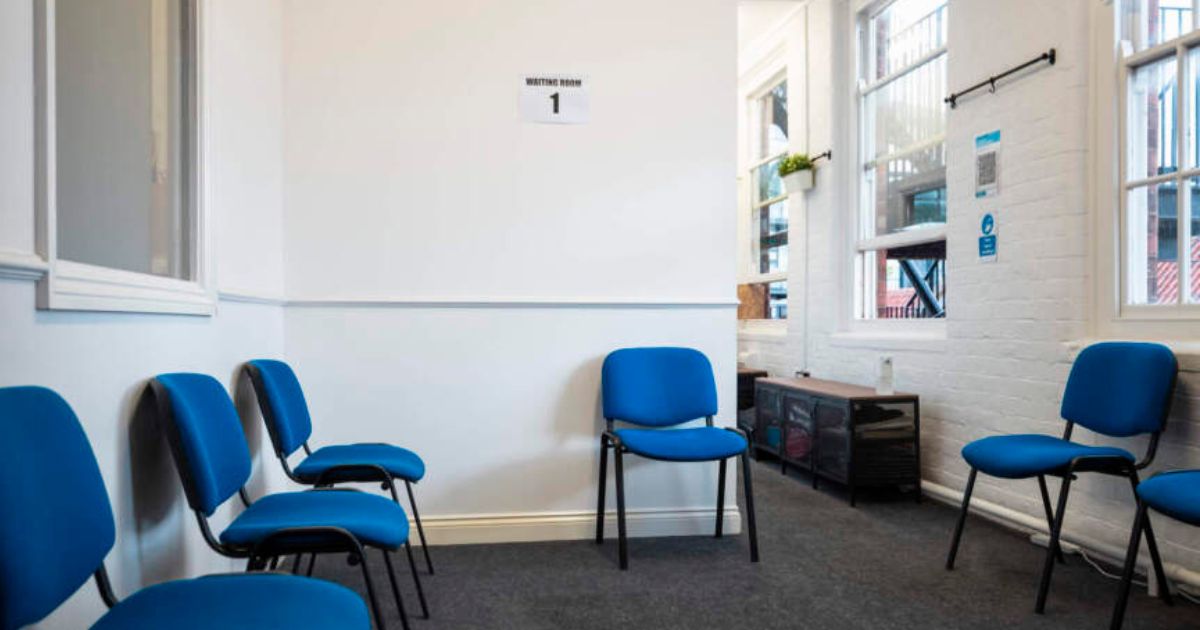A recent study uncovers an increase in autism rates among children, possibly linked to pandemic-related disruptions. Read on to learn more about this vital research below!
Exploring Increase In Autism Among Children

In a recent study released by the Centers for Disease Control and Prevention (CDC), the prevalence of autism spectrum disorder among American children has shown a notable increase between 2018 and 2020.
The study, published on Thursday, reveals that an estimated one in 36 8-year-olds had autism in 2020, compared to one in 44 in 2018. Boys were reported to have a prevalence of around 4 percent, while girls had a prevalence of about 1 percent.
However, experts emphasize that this rise might not necessarily mean that autism is becoming more common among children. Factors such as heightened awareness and increased screening could be contributing to these findings.
Catherine Lord, a psychiatry professor at the University of California, Los Angeles, who was not involved in the study, suggests that these results might reflect a growing understanding of autism rather than a surge in its occurrence.
The concern now turns towards ensuring that children with autism are receiving the necessary support and services.
Interestingly, the rise in autism prevalence was more significant among Black, Hispanic, and Asian or Pacific Islander children, surpassing the prevalence in white children for the first time.
The researchers speculate that this might indicate improved screening, awareness, and access to services within historically underserved communities. However, the reasons behind this shift remain unclear and require further investigation, according to Dr. Lord.
An additional study, also unveiled on the same day, suggests that the ongoing pandemic might have played a role in disrupting the detection of autism in younger children.
Researchers found that the number of autism evaluations and identifications dropped after the World Health Organization declared Covid-19 a pandemic in March 2020.
This decline could be attributed to parents hesitating to seek evaluations during the pandemic, as well as challenges in educators identifying children who needed assessments or services due to school closures and remote learning.
Dr. Karen Remley, director of the CDC’s National Center on Birth Defects and Developmental Disabilities, expressed concern about the potential long-term effects of these disruptions.
Read more here: Breaking Down Stereotypes: 40 Famous People With Autism Who Inspire Us
Delayed evaluations and difficulties in connecting children with necessary services could have lasting consequences on their development.
Both studies are built on data from the Autism and Developmental Disabilities Monitoring Network, which has been tracking autism prevalence across the United States since 2000 using health and education records. Since its inception, the network has recorded a steady increase in autism prevalence.
However, experts note that the 2020 data only represent sites in 11 states and might not provide a comprehensive national perspective. Dr. Lord suggests that data from additional locations could provide a clearer picture of the situation.
In conclusion, while the rise in autism prevalence among American children between 2018 and 2020 raises questions, experts highlight that this could be a result of improved awareness and screening.
The pandemic’s impact on autism detection in younger children is also a concern, as disruptions to timely evaluations and access to services could have long-lasting effects on their well-being and development.
Read more here: What Does Autism Look Like in Adults? Common Adult Autistic Traits
Share your thoughts about the increase in Autism diagnosis the comments below!








Leave a Reply
You must be logged in to post a comment.